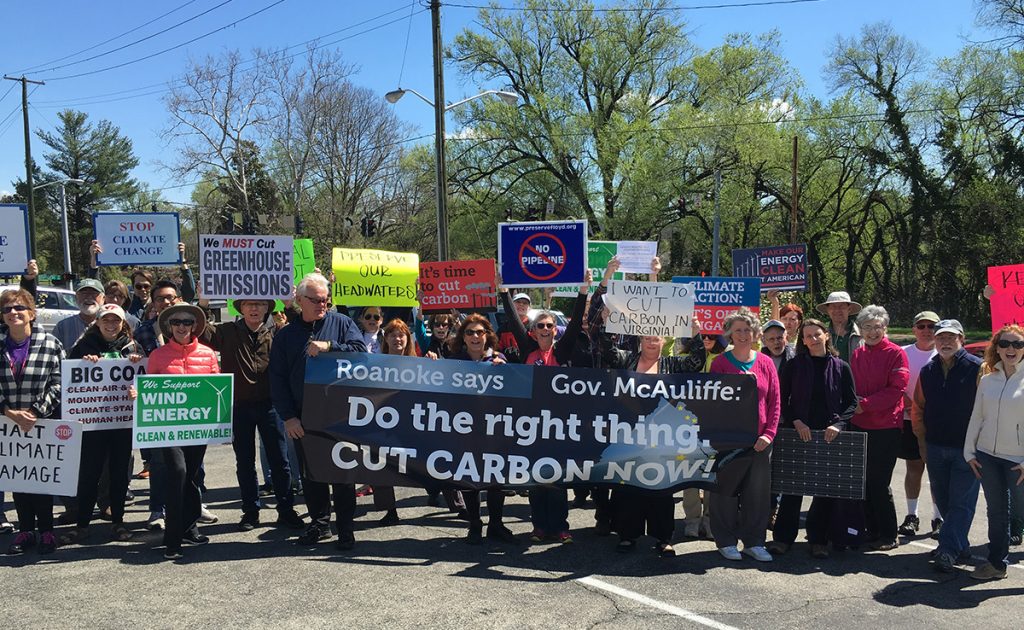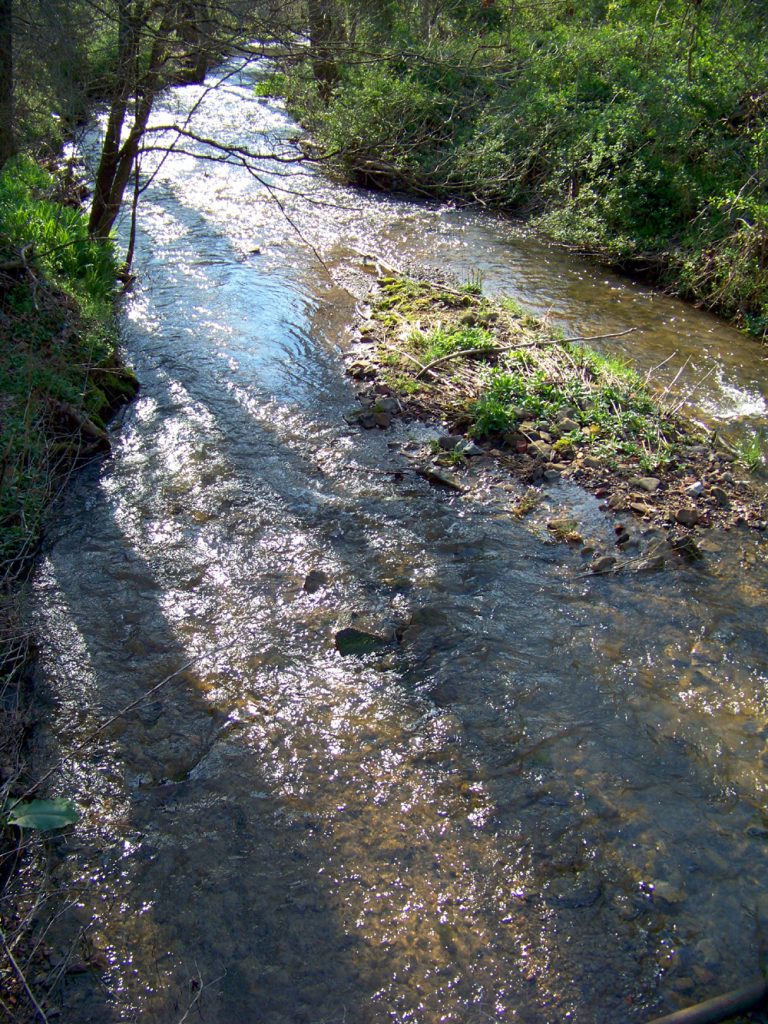Cleaning Up Coal Ash
For well over a century, power plants across the country have burned coal to generate electricity. And for just as long, leftover coal ash has been dumped in open, unlined pits near the power plant, usually located on a river or lake. Every year, U.S. power plants produce 130 million tons of coal ash, which is the second largest waste stream in the country after municipal garbage.
Coal ash concentrates the toxic heavy metals found in coal, including arsenic, mercury, lead and selenium. Stored in unlined, wet impoundments, coal ash has been leaking these toxics into our groundwater and surface waters for years. Sometimes these impoundments collapse — with disastrous results.
Yet government regulations for coal ash management are either non-existent or sparse, and there is little enforcement of the regulations that do exist. In North Carolina, this lack of oversight — and the complicity between state regulators, elected officials and Duke Energy — came to a boiling point in February 2014 when one of Duke’s coal ash impoundments spilled 39 million tons of ash into the Dan River.
Citizens living near North Carolina’s 33 coal ash impoundments — all of which have leaked — have fought for transparency from Duke and the state, and for cleanup of the pollution that threatens their property value, health and family. Their actions forced this issue into the headlines of news networks and to the forefront of environmental justice conversations in the United States.
Appalachian Voices stood with these communities as we worked for years to compel Duke Energy and the N.C. Department of Environmental Quality to excavate coal ash from all the North Carolina sites and dispose of it either in lined, dry landfills, away from waterways, or by recycling it for concrete or other uses, provided it’s done in a manner that protects public health and the environment.
On Jan. 2, 2020, North Carolina announced a historic settlement with one of the state’s most powerful corporations and polluters, Duke Energy. The settlement requires Duke to move nearly 80 million tons of toxic coal ash at six of its power plants to properly lined landfills onsite or recycle it.

Learn information about specific coal ash impoundments in the South, including health threats and safety ratings:
Additional Resources
Fact sheets, videos, links to academic research, and more
Sign Up to Act
Help us protect the health of our communities and waterways.
Latest News
Virginians Call on McAuliffe for a Bold Clean Power Plan
Virginians gathered for a Day of Action on April 2 to remind Governor McAuliffe of his commitment to cut carbon and focus on renewable energy job creation for the Commonwealth.
Preliminary Draft Plans For Nantahala and Pisgah National Forests Published
The National Forest Service publishes the draft foundations of the Pisgah and Nantahala National Forests long-term management plans.
The Butterfly Highway: Creating a Pollinator Pathway
The new “Butterfly Highway” in North Carolina will create a series of stopover points with milkweed and other native, flowering plants for migrating monarch butterflies.
New Park, Scenic Loop Passed by Virginia Legislature
The Virginia legislature passed funding for a Clinch River State Park and designated a new scenic drive loop for the area in an effort to celebrate the natural beauty of the state’s southwest region.
Peabody Energy joins coal bankruptcy club
While the company no longer operates in Central Appalachia, the story of Peabody Energy’s downfall is similar to those of major producers in the region, where coal mining communities have plenty of first-hand experience with what happens next.
Another step toward clean water in Southwest Virginia
Through a settlement with Penn Virginia Operating Company, a large landholding company, and A&G Coal Corp., a Jim Justice-owned company, several sources of the toxic pollutant selenium in Wise County, Va., will be cleaned up.








